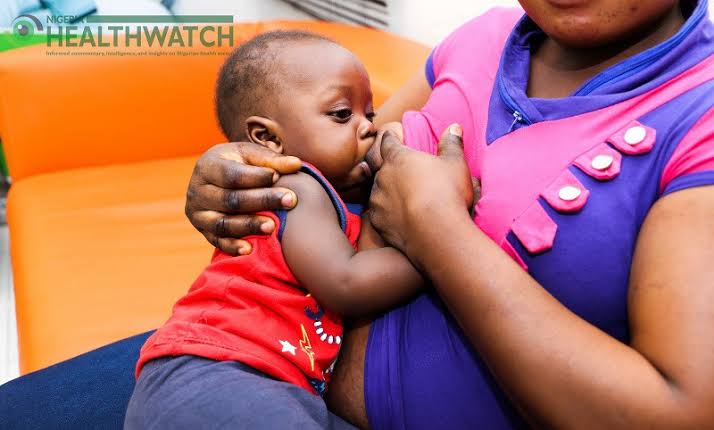Health
Experts task FG to end child mortality through advocacy on nutrition

Nigeria is reported to be one of the countries with the highest number of deaths for children under five.
Many of these deaths are related to poor Nutrition, leading to health challenges and complications. How to address this situation is the reason for the two day meeting between Civil Society Organizations and Sustainable Development Goals Office under the office of the presidency.

The engagement with the Civil Society Organizations which was put together by Save the Children International (SCI) is aimed at helping the federal government propagate the importance of Nutrition to the survival of the children.
Recall that 2015, the United Nations agreed on 17 Sustainable Development Goals as the central normative framework for sustainable development worldwide. Nigeria was among the 193 member UN General Assembly that adopted the 2030 agenda.
During his presentation at the Meeting, the Senior Technical Adviser in the office of the Senior Special Assistant to the President on Sustainable Development Goals (SDGs), Bala Yunusa said because of the importance of healthy living, world leaders included SDGs to promote social determinant of health such as Nutrition in SDG 2, Education in SDG 4, Gender in SDG 5, Wash in SDG 6, Employment in SDG 8, Reducing Inequality in SDG 10, Housing SDG 11, and Healthy Environment in SDG 13 to 15.
He said although there are ongoing strategic initiatives and programmes aimed at fast-tracking the attainment of SDGs, there is the need for relevant stakeholders to collaborate with state and non state actors to strengthen advocacy and sensitisation across the 774 Local government areas in Nigeria.
He said “the Nigerian government has demonstrated strong commitment towards the 2030 agenda for sustainable development and SDGs. Institutional frameworks have been established at the national and sub-national levels to support effective implementation of the SDGs.
“The SDGs cannot be achieved with stand-alone programmes and projects. They must be carefully integrated into national and sub-national policies and development plans.
“The need for robust Monitoring, Evaluation and Reporting (MER) cannot be overemphasised.
“To leave no one behind, we need the expertise and resources of all public and private sectors; UN development system; donor community, academia and the wider civil society”, he added.
Stakeholders present at the meeting agreed that the implementation of health and nutrition will enable SDGs outcome and promote human capital development in Nigeria.

























